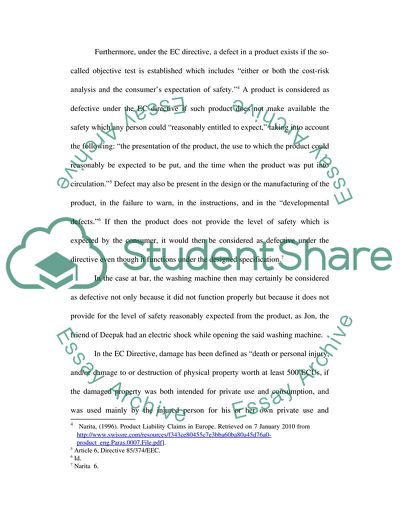Cite this document
(“Consumer law Essay Example | Topics and Well Written Essays - 2500 words - 2”, n.d.)
Consumer law Essay Example | Topics and Well Written Essays - 2500 words - 2. Retrieved from https://studentshare.org/miscellaneous/1561703-consumer-law
Consumer law Essay Example | Topics and Well Written Essays - 2500 words - 2. Retrieved from https://studentshare.org/miscellaneous/1561703-consumer-law
(Consumer Law Essay Example | Topics and Well Written Essays - 2500 Words - 2)
Consumer Law Essay Example | Topics and Well Written Essays - 2500 Words - 2. https://studentshare.org/miscellaneous/1561703-consumer-law.
Consumer Law Essay Example | Topics and Well Written Essays - 2500 Words - 2. https://studentshare.org/miscellaneous/1561703-consumer-law.
“Consumer Law Essay Example | Topics and Well Written Essays - 2500 Words - 2”, n.d. https://studentshare.org/miscellaneous/1561703-consumer-law.


